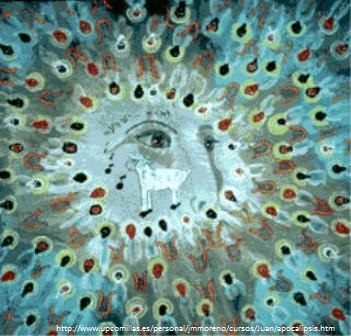Crossing Human Boundaries: Apocalypse and Posthumanism in Margaret Atwood’s Oryx and Crake and The Year of the Flood
DOI:
https://doi.org/10.13130/2035-7680/2985Parole chiave:
Margaret Atwood, posthumanism, Jacques Derrida, dystopian fiction, animot.Abstract
Margaret Atwood’s Oryx and Crake (2003) and The Year of the Flood (2009) are the first and second novels in an as-yet-unfinished trilogy. The two works share a complex structure in which scenes from different moments in the future follow one another. A post-apocalyptic narrative line is intertwined with one that depicts events from a nearer future, all of them leading up to an environmental catastrophe of huge proportions. The nearest scenario is one of extreme genetic manipulation, in which the boundaries between species are blatantly crossed. Biopolitics strictly controls the environment and those who inhabit it; identities can be bought, and only some of them grant access to the Compounds – the only safe areas left after open spaces have become radioactive. In the meantime, all kinds of technological and genetic enhancements to human capabilities are being employed, some of them resulting in the creation of para-human populations. An environmental catastrophe follows, and both books feature last-man-on-earth narratives. Whether – or, more appropriately, how – the apocalyptic destruction is linked to an attempt to cross the boundary of the human is the issue this essay addresses. The first section deals with more classical interpretations of Atwood’s fiction as a cautionary tale about current environmental policies, whereas a new hypothesis is made in the second section, a post-humanist reading of Atwood's novels. Philosophical support will be provided by Jacques Derrida’s reflections on the fine line between animals and humans and Cary Wolfe’s theory of posthumanism.Downloads
I dati di download non sono ancora disponibili.
Dowloads
Pubblicato
2013-05-13
Come citare
Mosca, Valeria. 2013. «Crossing Human Boundaries: Apocalypse and Posthumanism in Margaret Atwood’s Oryx and Crake and The Year of the Flood». Altre Modernità, fasc. 9 (maggio):38-52. https://doi.org/10.13130/2035-7680/2985.
Fascicolo
Sezione
Saggi Ensayos Essais Essays




